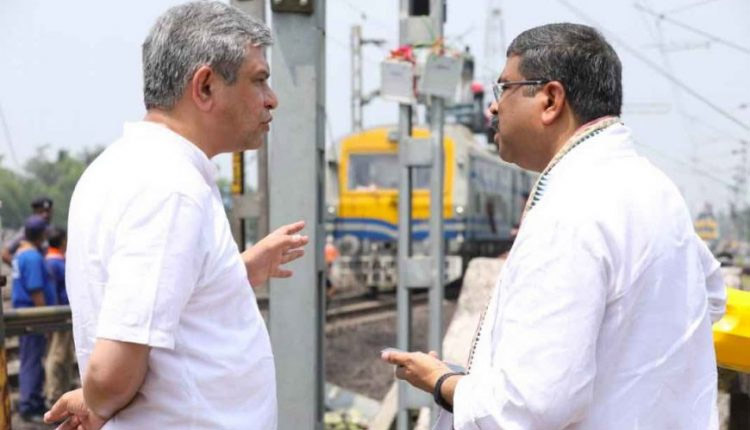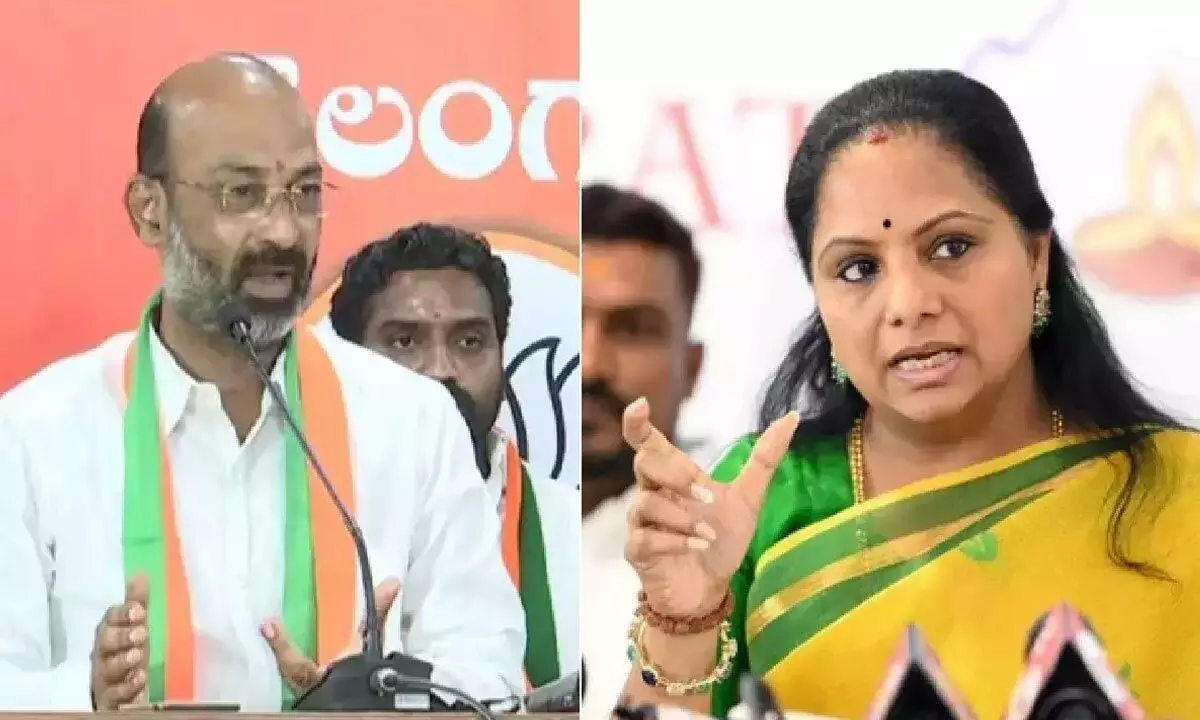‘Change In Electronic Interlocking’ Behind 3-Way Train Crash In Odisha; Know What It Means

Bhubaneswar: Railway Minister Ashwini Vaishnaw on Sunday indicated human involvement in the one of the worst train accidents in 2 decades, which left 275 passengers dead and 1,175 injured.
“The commissioner of railway safety has investigated the matter and let the investigation report come but we have identified the cause of the incident and the people responsible for it… It happened due to a change in electronic interlocking,” he said.
An interlocking system ensures that the movable sections of track that allow trains to change direction from one track to another at railway junctions, stations, and signalling points are properly aligned and locked at the correct position before a train can pass over them. It is managed and coordinated through integration of signals, points (switches), and track circuits, which detect the presence of a train, using computers, programmable logic controllers (PLCs), and communication networks.
“Whoever has done it, has done such a change to the point machine… the configuration of the track, which enables everything to function together, has been changed and that is why the accident has happened,” he said.
It is still not clear whether the reason was “human error”, or whether there is a possibility of deliberate action or sabotage. “It is not right to comment on this… it is possible to comment, but not proper… I can say only after the independent agency (submits its report. But the probe is over…”
Vaishaw, however, clarified that the accident had nothing to do with the collision avoidance system.
Investigation so far revealed that the Coromandel, running at over 120kmph, entered the loop line in a probable signalling error and crashed into a parked freight train.
After visiting the injured at a hospital in Balasore in Odisha on Saturday, Prime Minister Narendra Modi had said, “Strictest action will be taken against those found guilty in the train accident incident. No one will be spared.”





